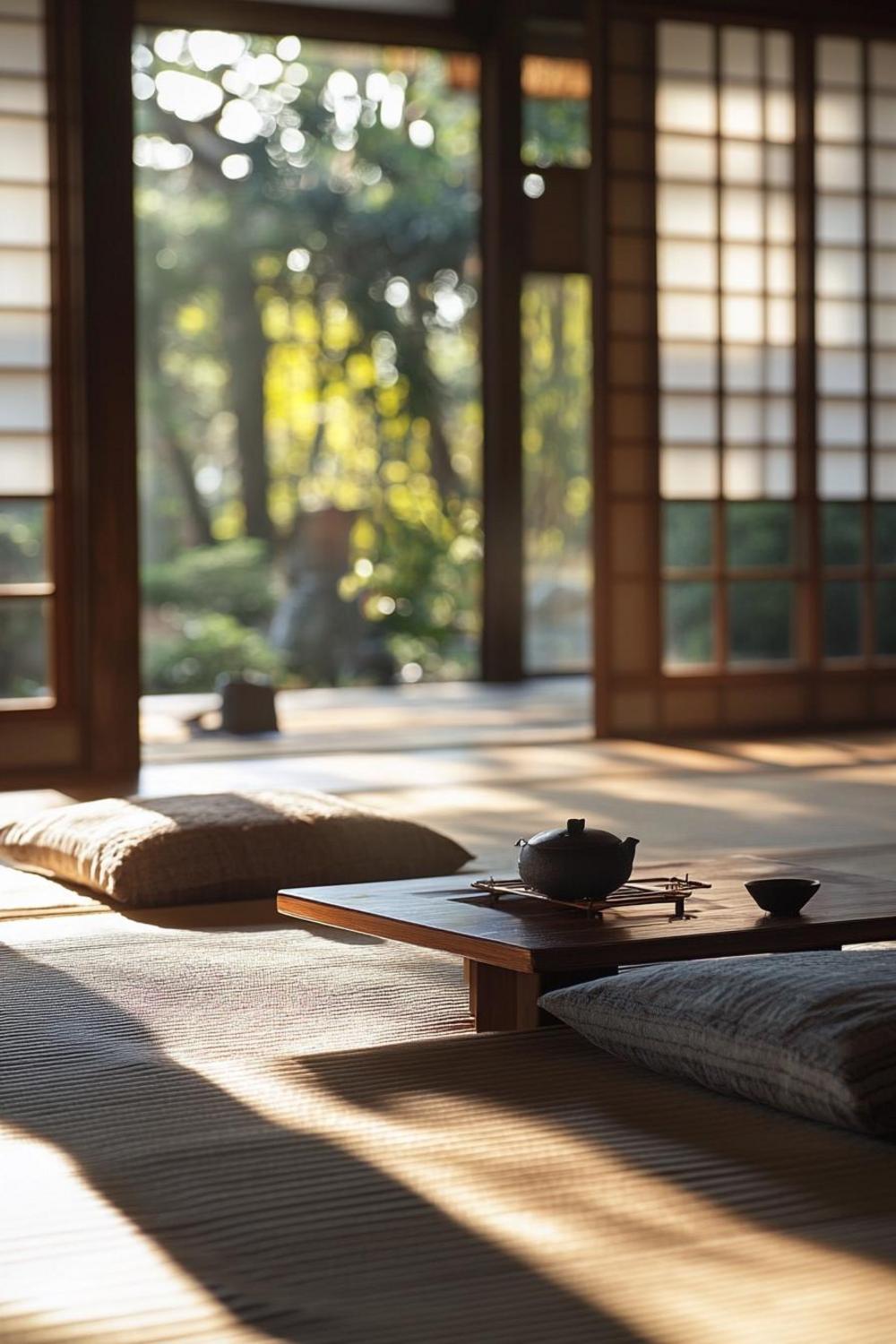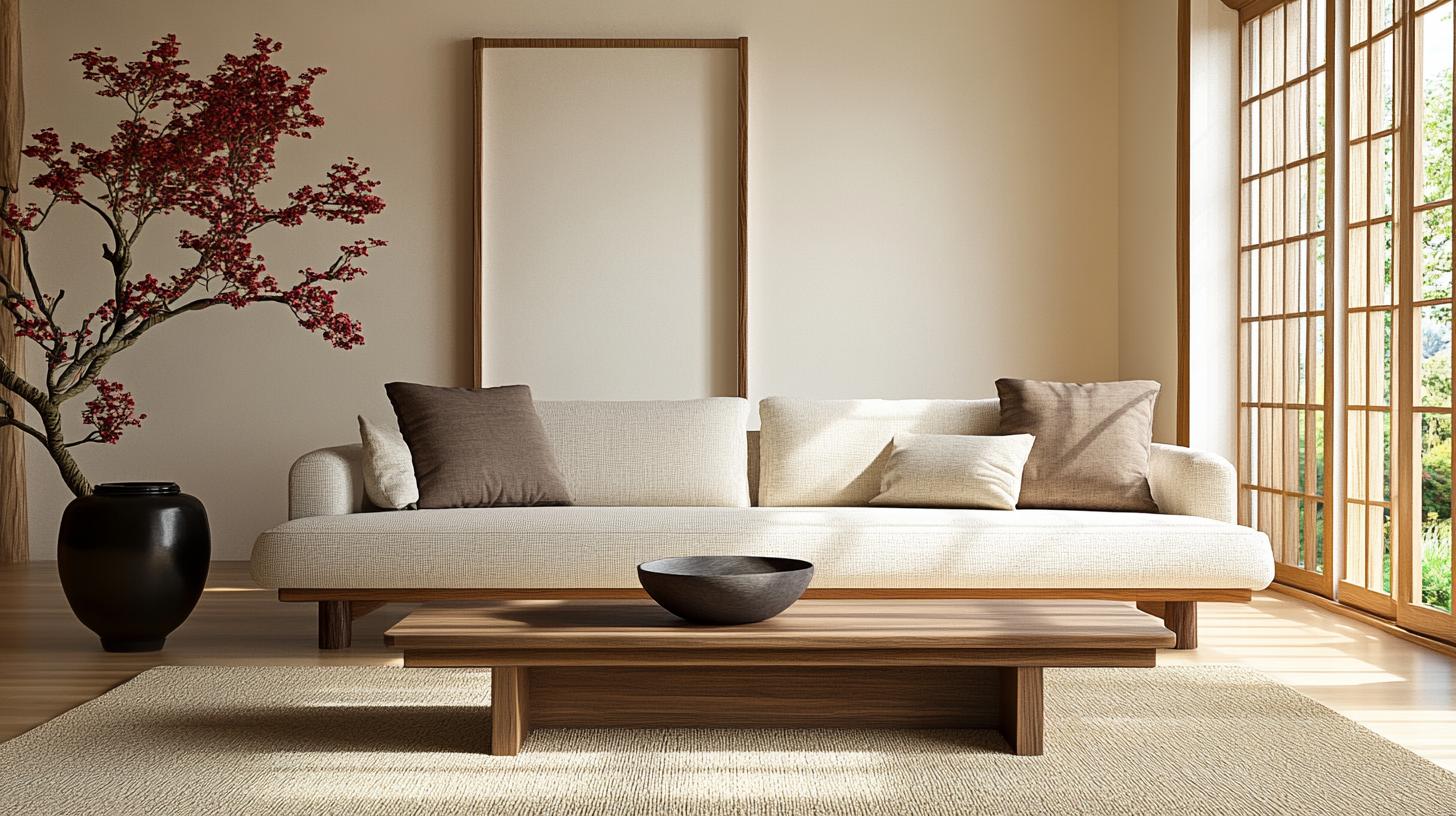Ultimate Feng Shui Basics: Transform Your Home in 2025
Feng shui is more than just an ancient design philosophy—it’s a transformative approach to creating spaces that nurture our wellbeing and support our life goals! At its core, feng shui is about understanding how energy, or chi, flows through our environments and impacts our daily experiences.

Understanding the fundamental principles of feng shui can revolutionize how we perceive and interact with our living spaces. Imagine walking into a home that instantly makes you feel calm, energized, and balanced—that’s the magic of thoughtful feng shui design!
The Five Essential Elements of Feng Shui
Feng shui revolves around five key elements that represent different types of energy and natural forces:
- Wood: Represents growth, creativity, and new beginnings
- Fire: Symbolizes passion, enthusiasm, and transformation
- Earth: Signifies stability, groundedness, and nourishment
- Metal: Embodies clarity, precision, and mental strength
- Water: Indicates flow, adaptability, and emotional depth
Balancing Elements in Your Space
Achieving harmony isn’t about perfection—it’s about creating a balanced environment that supports your unique energy and lifestyle. Each element interacts with others in specific ways, either supporting or diminishing their qualities.
Pro Tip: Element Placement Strategies
Consider introducing elements through colors, materials, and objects. For instance, wooden furniture can represent the wood element, while metallic picture frames can bring metal energy into a room.

Practical Feng Shui Techniques for Modern Homes
Modern feng shui isn’t about strict rules—it’s a flexible approach to designing spaces that feel intuitively right. Here are some practical techniques to improve your home’s energy flow:
Clearing Negative Energy
Start by decluttering your space. Stagnant objects and unnecessary items block positive energy. Regular cleaning, organizing, and letting go of things that no longer serve you can dramatically shift your environment’s vibrational quality.
Strategic Furniture Placement
The commanding position is crucial in feng shui. For example, in a bedroom, your bed should have a clear view of the door without being directly in line with it. This creates a sense of security and control.
- Avoid placing furniture with sharp corners pointing directly at you
- Ensure pathways are clear and easy to navigate
- Create balanced seating arrangements that promote conversation
Energy Enhancement Techniques
Consider incorporating these subtle yet powerful feng shui enhancements:
- Use soft, ambient lighting
- Add living plants to improve air quality and energy
- Integrate natural materials like wood and stone
- Use mirrors strategically to expand space and reflect light
Color Psychology in Feng Shui
Colors are powerful energy conductors. Choose hues that align with the mood and function of each space. Soft blues and greens can create calming bedroom environments, while warm yellows might energize a home office.
Remember, feng shui is a personal journey. Trust your intuition and create spaces that genuinely resonate with your inner self. By understanding these basics, you’re not just designing a home—you’re crafting an environment that supports your holistic wellbeing!




